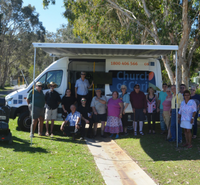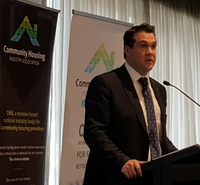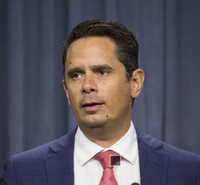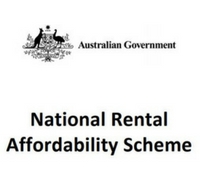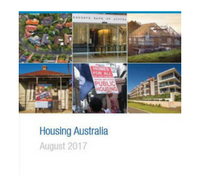The Community Housing Industry Association of Australia will hold its Annual General Meeting at 11am on Wednesday 29 November 2017 in Room C.21 at the International Convention Centre, Darling Harbour, Sydney.
Elections that will take place at the AGM
All positions on the CHIA Board of Directors will fall vacant at the AGM.
There are 12 positions on the CHIA Board:
- Eight Directors classified as ‘Region Directors’ (one from each state and territory) serve for annual terms
- Four Directors classified as ‘Additional Directors’ (also known as national directors who are elected by broad vote of full membership across Australia) serve for two-year terms.
As a voting member of CHIA you can nominate for, and vote on, the position of Region Director or Additional director on the CHIA Board and for the positions on your Regional Committee. Please note, however, that if you have not paid your renewal fee for 2017-2018 before 17 October 2017 you will not be eligible. We encourage members to consider nominating for the Regional Director position and the Additional Director position to ensure the Board of the national industry body benefits from input and perspectives from all states and territories.
Regional Committee members are elected for two year terms with half the Committee members retiring annually by rotation. CHIA Board and Regional Committee members retiring by normal rotation can re-nominate to fill vacancies.
Region Director
A Region Director is a representative of a State or Territory who has been voted on to the board by voting members in that jurisdiction, other than in New South Wales and Victoria. The Region Director also acts as the Chairperson for the Regional Committee in his or her home jurisdiction. In New South Wales and Victoria the state peak body will nominate the region director for the CHIA Board.
Nomination Process for Directors
Candidates for Director Positions must be members of CHIA or employees of a CHIA member. The following steps must be followed in all states except New South Wales and Victoria:
- The candidate must be formally nominated, in writing, by two voting members as a candidate for the position of Director. In the case of Regional Director, those members must be from the same jurisdiction as the nominee. The nomination papers must be received thirty business days before the schedule date for the AGM.
- The candidate must notify CHIA in writing of their consent to act as Director by 17 October 2017 (30 business days before the AGM).
- CHIA notifies members of every candidate for election at least seven days before the AGM.
Voting Process for Directors
Only full CHIA members have the right to vote. These are known in the constitution as ‘voting members’. Associate members do not have the right to vote in these elections.
Directors will be elected by ordinary resolution of the voting members present in person or represented by proxy at an annual general meeting (effectively a postal vote).
Candidates are only elected if they have received more than 50 per cent of votes cast. If there are two or more candidates for a Regional Director position, the candidate with the most votes will win the election, so long as they have received 50 per cent of votes cast.
Regional Committees
The constitution obliges the CHIA Board to establish a Regional Committee once there are three or more voting members in that jurisdiction. Regional committees comprise the Region Director for that Region (the chairperson) plus up to 11 additional members. In addition:
- There can only be one regional committee per jurisdiction.
- A regional committee member need not be a CHIA member or employed by a CHIA member.
- Regional committee members are not officers of CHIA merely by holding that position.
In New South Wales and Victoria the state peak body performs the role of the regional committee.
Nominating Regional Committees Representatives
Candidates in a particular jurisdiction are entitled to nominate for the representative committee in that jurisdiction alone. They must send a nomination form to CHIA by 17 October, 2017 signed by the voting member nominating the candidate.
Next Steps
Nomination forms for the CHIA Director and Region Committee positions, as well as a Director’s consent form are attached below. Nomination forms should be completed and returned to CHIA before October 17, 2017, in order to be considered for election at the AGM. Those nominating for the CHIA Director position must also complete the Director’s consent form.
Please direct questions about the AGM or election process to Shelly Forceville at the CHIA office via [email protected] or call 0412 804 989.
Download the nomination forms here:
- Nomination form for CHIA Region Director
- Nomination form for CHIA Additional Director
- Nomination form for CHIA Region Committee
- Director’s consent form



